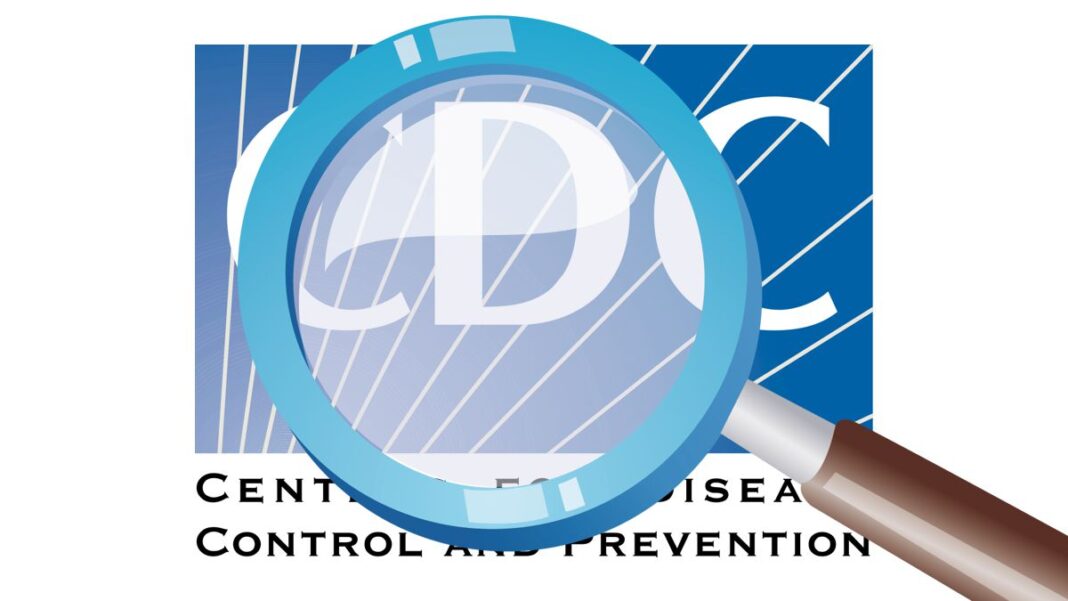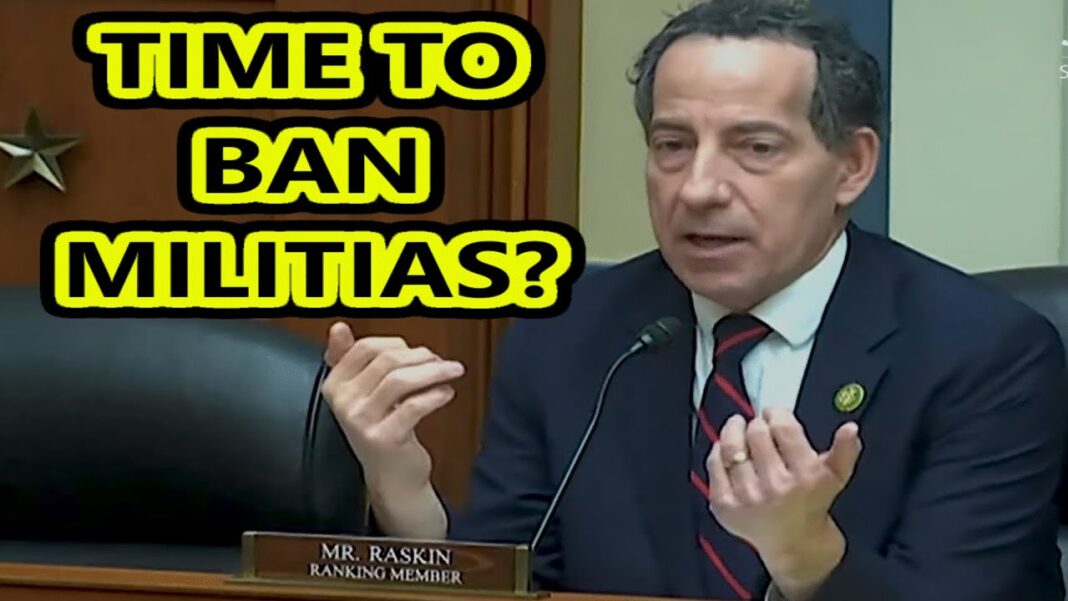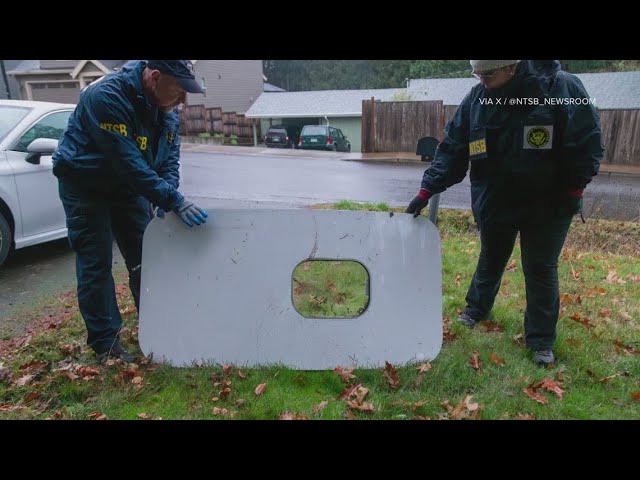Federal agency must reveal entries made by people who experienced problems after receiving COVID-19 vaccines, court rules.
The top U.S. public health agency must disclose information provided by people who experienced problems following COVID-19 vaccination, a federal court has ruled.
The U.S. Centers for Disease Control and Prevention (CDC) is being ordered to produce 7.8 million free-text entries from V-safe, one of its vaccine surveillance systems.
Data from the system released under court order in 2022 showed that 25 percent of V-safe participants missed school, work, or other normal activities due to post-vaccination issues, and nearly 8 percent of participants reported seeking medical attention, such as hospitalization after receiving a shot. That data, from boxes checked by users, came through an order in a case that started as a Freedom of Information Act (FOIA) request.
But the CDC resisted releasing the free-text entries, arguing that many of them include information that should remain private.
“CDC determined that many of these responses contain personally identifiable information, the disclosure of which would publicly link participants to highly sensitive health information,” government lawyers representing the agency said in one brief. “And because it would take tens of thousands of workhours to manually review and redact millions of free-text responses, CDC determined that segregating the non-exempt information within these responses would be unreasonably burdensome and was therefore beyond its FOIA obligations.”
The CDC said it would take one worker 59 years to complete the work if it were ordered.
The government’s arguments were rejected by U.S. District Judge Matthew Kacsmaryk, an appointee of former President Donald Trump, in response to a fresh lawsuit.
“While the burden to produce the requested free-text responses may be heavy, this court does not find that it is unreasonable,” he said in the new ruling.
The CDC can go through the records and redact personally identifiable information as allowed by FOIA but must do the work and produce the records with the redactions, he added later. Evidence produced in the case indicates that about 93 percent of the records will require no redactions.









